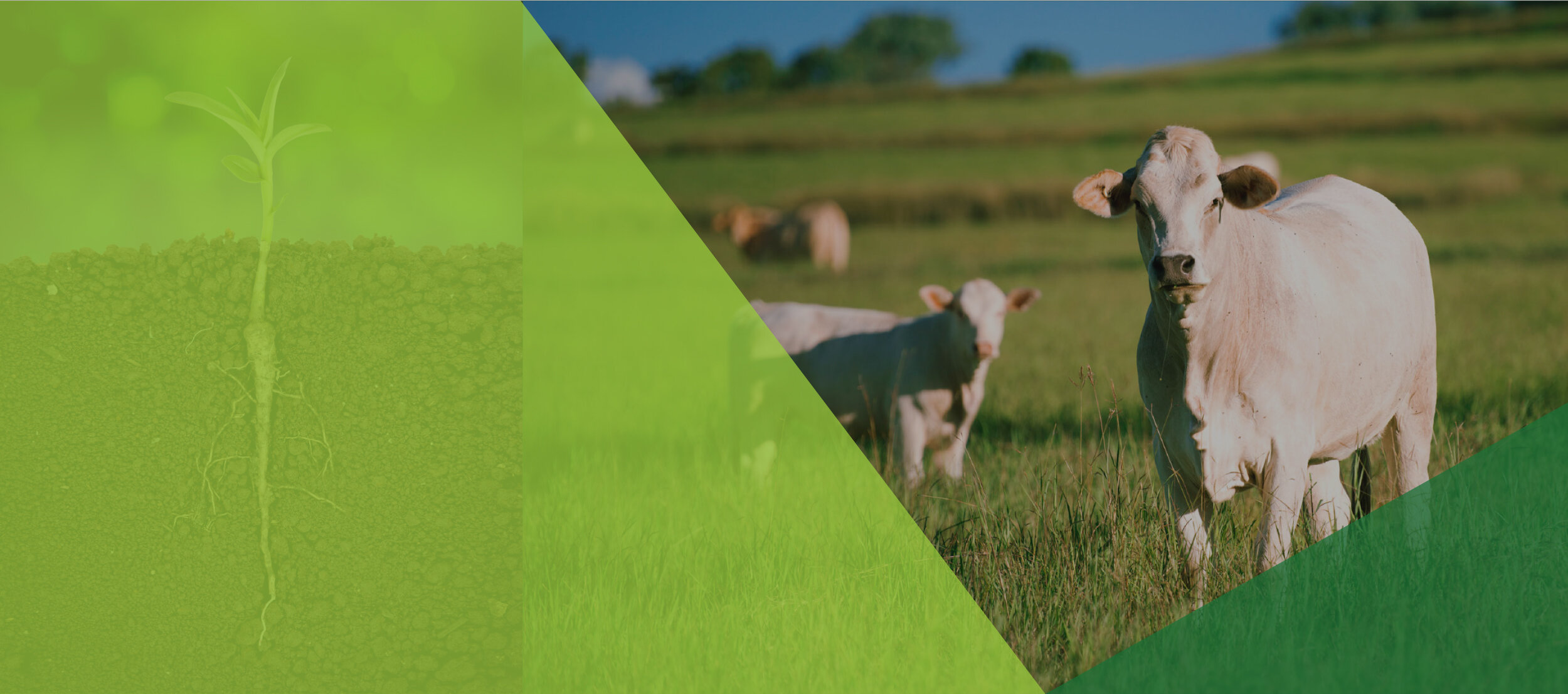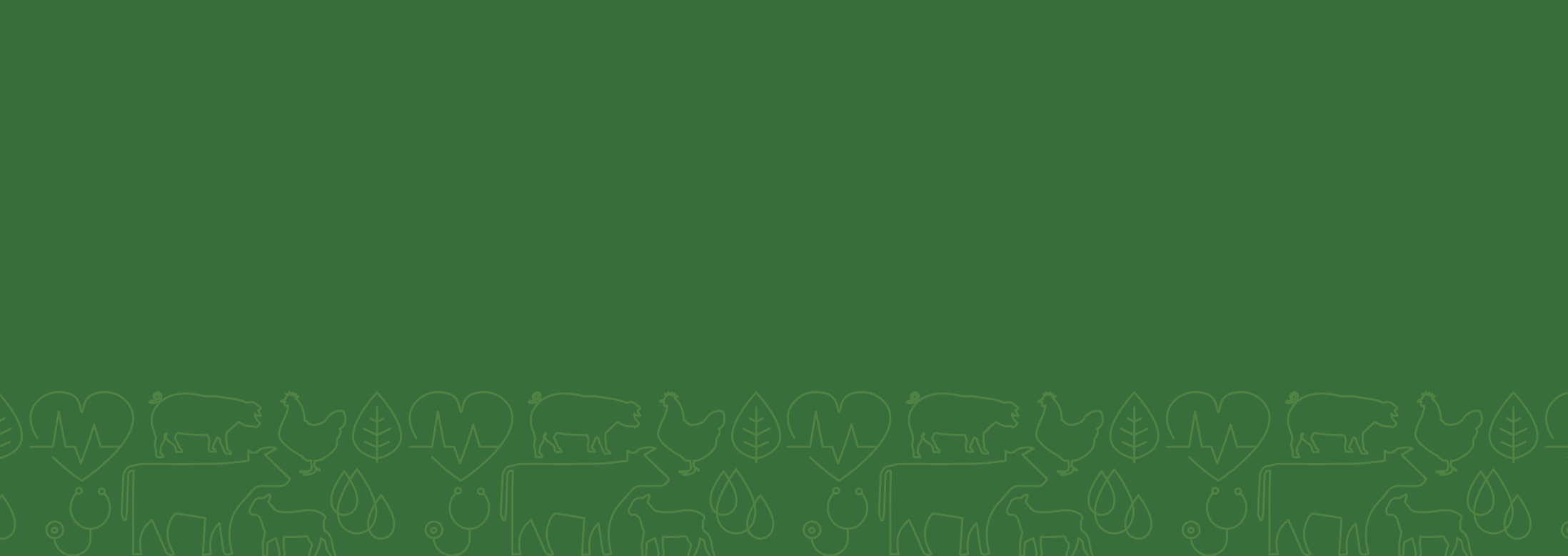
Our culture has been obsessed with consuming meat, eggs, and dairy. The good news is that more and more people are reducing the amount of animal products that they consume and are embracing plant-based foods instead. Here are some reasons why you might want to join the millions of others who are a part of the growing reducetarian movement.

IT’S GOOD FOR THE ENVIRONMENT!
Animal agriculture is one of the leading causes of air and water pollution and poses many health risks to local communities. Factory farms produce an estimated 500 million tons of manure each year – more than three times the sewage produced by the entire U.S. human population. Animal excrement is stored in massive cesspools or lagoons that often leak into adjacent waterways. This process releases dangerous microbes and bacteria into local streams and rivers, causing the contamination of rural water sources. According to the Food and Agriculture Organization of the United Nations, the meat industry alone accounts for nearly 20% of global greenhouse gas emissions. Methane has more than 20 times the global warming potential of carbon dioxide, and is released in massive quantities from animal excrement. Harmful compounds like ammonia are released from processing, which can cause short term health problems such as headaches or even severe neurological problems.
While many parts of the world, including areas of the western United States, face dwindling freshwater resources, the demand for animal agricultural products fuels massive water usage. Nearly half of all water used in the United States goes towards raising animals for food. According to National Geographic, it takes nearly 2,000 gallons of water to produce a single pound of beef in comparison to fewer than 200 gallons for a pound of potatoes or wheat. These large amounts of water are needed to hydrate farm animals, to clean facilities, and to dispose of animal waste. This inefficient use of water is a waste of the earth’s natural resources.
Animal farms and processing facilities require a substantial amount of land to operate, and due to the growing demand for expansion, the animal agriculture industry is directly responsible for much of the Amazon Rainforest’s deforestation. For example, clearing land in Brazil to grow chicken feed is responsible for the destruction of about 3 million acres of rainforest. This deforestation causes species extinction and habitat destruction at a growing rate every day. Locally in the United States, nearly 300 million acres of land has been cleared to make room for range, pasture land, and crop fields used to grow livestock feed.
Animal agriculture is responsible for around 30% of global biodiversity loss due to the effects of deforestation, pollution, and climate change. Biodiversity is the variety of different types of life found on Earth that helps to keep our ecosystem healthy. We depend on healthy ecosystems to produce the many goods and services that contribute to our well-being, including clean air, fresh water, fuel, timber, and food. Aquatic biodiversity is strongly affected by animal agriculture through runoff pollution from farms and processing facilities into marine and freshwater ecosystems. Beyond the passive effects of animal agriculture, biodiversity is actively harmed by human intervention. Local grass-eating wildlife such as elk, deer, and pronghorn, for example, are often intentionally killed near farms to reserve more feed for cattle. Animal agriculture is harmful to the earth’s biodiversity and has serious impacts on various ecosystems around the globe.
IT’S GOOD FOR ANIMALS!
Globally, over 70 billion factory farmed animals are killed per year. Animal exploitation is evident through the countless stresses and painful physical violations that farmed animals are subjected to in today's brutal agricultural systems. For instance, chickens raised for meat become so large from hormone treatments that they are unable to walk; yet they are crammed into crowded, dimly lit sheds with poor sanitary conditions. Although many claims of injustice may highlight isolated events, most individuals can agree that indoor cages, growth hormones, and long conveyor belts are all inhumane realities of animal agriculture.
Looking to our oceans and freshwater rivers, fishery exploitation is now becoming more evident. Some scientists estimate that we could see fishless oceans by the year 2050. This is mostly due to the concept of “bycatch”. Fisheries seek to catch specific types of fish that can make them the most profit. If a different type of marine life gets caught in the net, it’s more economical for the fishermen to simply kill this bycatch than to sell it separately or to even throw it back. 200 million pounds of dead fish and other marine animals are discarded daily as bycatch. Farm-raised fish are subjected to even worse conditions because of the suffering they endure. Small fish such as trout are packed into tight containments where they have no room to move. Fisheries, both natural and manmade, are being exploited at unprecedented levels.
IT’S GOOD FOR YOUR HEALTH!
The science is clear - according to the American Heart Association, eating less meat improves your health by decreasing your chance of heart disease, certain types of cancers, strokes, diabetes, and many other chronic illnesses. Plant based diets are often criticized for being “insufficient”. However, the truth is quite the opposite. Plant based foods are packed with all the vitamins, nutrients, and protein your body needs! For example, a cup of lentils has 18 grams of protein, while a cup of black beans has a whopping 42 grams! Plant-based diets provide a healthy dose of fiber and are low in cholesterol. This promotes better digestion and helps to regulate blood sugar levels.
Animals are often affected by bacteria and disease due to the awful living conditions they endure. 80% of all antibiotics sold in the United States are used in livestock and poultry production, but surprisingly most of the animals that receive these treatments are not even sick. Rather, they are given these drugs as a replacement for healthy living conditions. In order to counteract the effects of an unnatural diet, these animals are given constant doses of antibiotics. This steady stream of drugs contributes to the development of antibiotic-resistant bacteria and other diseases that can even be transferred to those who consume meat.
IT’S GOOD FOR OTHERS!
The UN estimates that nearly one billion people worldwide are considered “undernourished”, and millions of children starve to death each year. Farm animals require a lot of food and produce very little in return. A cow consumes 20 pounds of feed in order to produce 1 pound of flesh; and the USDA has reported that more than half of the grain consumed in the United States goes directly towards animal agriculture. If all food crops were fed directly to humans instead of animals, around 70% more food would be added to the world’s supply - enough to feed the world’s malnourished more than four times over.
Similarly to world hunger, the world water crisis is also impacted by animal agriculture. 10,000 people die every day from water shortage or contamination because they do not have access to clean drinking water. National Geographic reports that a single pound of beef takes nearly 10x as much water to produce compared to a pound of potatoes or wheat. Distributing plant-based foods directly would be a much more efficient use of resources compared to sustaining animals for long periods of time and wasting resources such as water.
Locally in the US there is an injustice you probably haven’t thought much about - the exploitation of factory farm workers. The most easily exploited include immigrants, the poor, and even children. Not only is their exploitation unethical, but also extremely dangerous for their well-being. Killing animals is inherently dangerous work, but the fast pace, filthy environment, and lack of training in animal processing facilities makes working at a slaughterhouse the most dangerous factory job in America. Nearly one in three slaughterhouse workers suffers from illness or injury every year, compared to one in ten workers in other manufacturing jobs. The rate of repetitive stress injury for slaughterhouse employees is also 35 times higher. Employees who are injured at work are often fired if they take time off or try to file worker’s compensation claims. As a result, laborers often don’t report their injuries and attempt to continue working, only exacerbating their conditions. Factory farms and slaughterhouses often plant themselves in the most impoverished regions of the U.S. where they can use poor and uneducated people to work for low wages. The animal agriculture industry even lures illegal immigrants far away from their homes with false promises of good jobs, knowing that these undocumented workers will likely not report unsafe conditions for fear of being deported. The animal agricultural industry is guilty of exploiting laborers by blatantly allowing these hazardous working environments.
WHAT CAN I DO?
Clearly there is plenty of evidence on why consuming a large amount of meat, eggs and dairy is bad for you and the planet. You can make a significant difference in the world by making simple changes to what you eat! The good news is that diet is a spectrum. The reducetarian concept appeals to individuals who may not want to radically change their diet, but is also inclusive of vegans and vegetarians too! So what are you waiting for? Get involved and commit to being a Reducetarian today!
Take the pledge to decide how you will be a reducetarian! Here are some ideas to get you started:
Meatless Monday
Vegan Before Six
Weekday Vegetarian
Vegetarian
Vegan
Get connected through social media!
Follow us on Twitter to connect with the Reducetarian Community!
Like our Facebook page for the latest updates on reducetarian news!
Follow us on Instagram for tasty reducetarian meal ideas!
Sign up for email updates below to stay informed!




